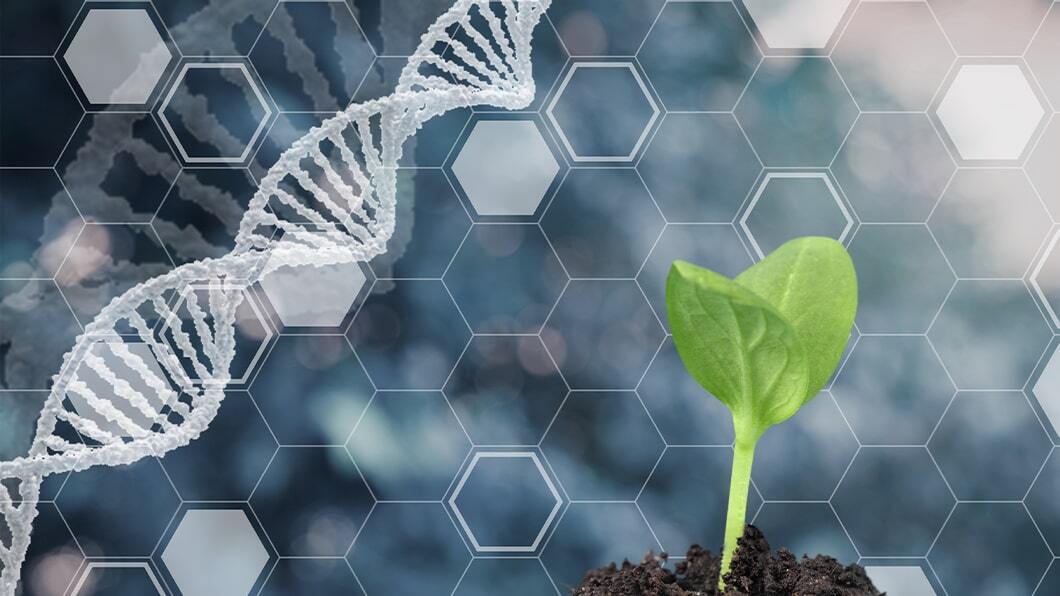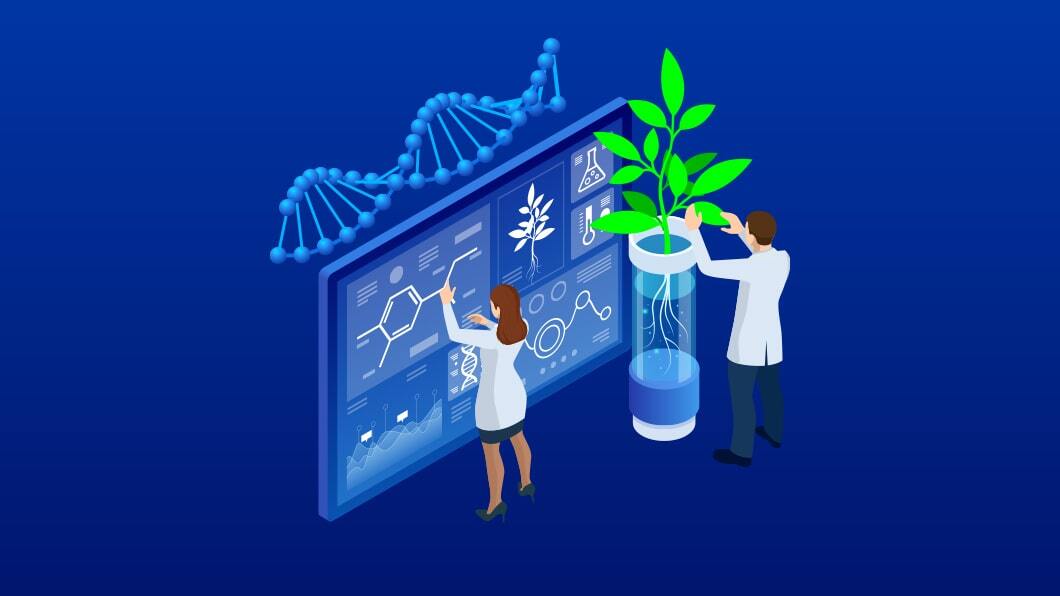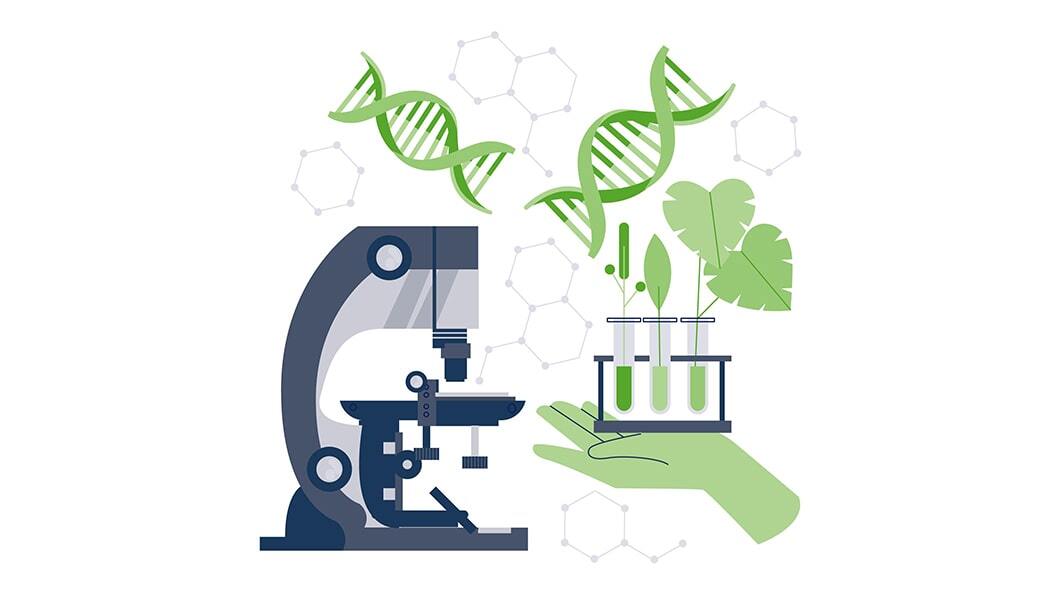
Biotechnology Advancements and Genetic Engineering: Transforming the World
Introduction
Biotechnology has emerged as a revolutionary field, merging biology and technology to create remarkable advancements with far-reaching implications. One of its most significant branches is genetic engineering, which enables scientists to manipulate the genetic material of organisms. Through these innovative techniques, biotechnology is transforming various sectors, from healthcare and agriculture to environmental conservation. In this blog, we will explore the exciting advancements in biotechnology and genetic engineering, highlighting their potential benefits and ethical considerations.
Healthcare Breakthroughs:
Genetic engineering has revolutionized the healthcare industry, offering new possibilities for disease diagnosis, treatment, and prevention. Through gene therapy, scientists can target and correct faulty genes responsible for inherited disorders. This breakthrough approach holds promise for diseases such as cystic fibrosis, sickle cell anemia, and muscular dystrophy. Moreover, genetic engineering has paved the way for personalized medicine, where treatments can be tailored to an individual’s genetic makeup, leading to more effective and precise therapies.
Crop Improvement and Agricultural Sustainability:
Genetic engineering has played a vital role in enhancing crop yields, improving nutritional content, and developing resistance to pests, diseases, and environmental stressors. By introducing desirable traits into crops, scientists have developed genetically modified organisms (GMOs) that offer benefits such as increased productivity, reduced pesticide usage, and enhanced nutritional value. For instance, genetically modified crops like Bt cotton and Bt corn have shown remarkable resistance to insect pests, reducing the need for chemical pesticides and promoting sustainable agriculture.
Environmental Conservation:
Biotechnology has the potential to address environmental challenges by offering innovative solutions for pollution control, waste management, and renewable energy production. Genetic engineering enables the development of microorganisms capable of degrading pollutants, such as oil spills or toxic chemicals, thereby aiding in environmental cleanup efforts. Additionally, biotechnological advancements have led to the production of biofuels, offering a sustainable alternative to fossil fuels and reducing greenhouse gas emissions.
Industrial Applications:

Beyond healthcare and agriculture, genetic engineering has found applications in various industries. For instance, the production of enzymes through genetic engineering has transformed manufacturing processes, allowing for the production of eco-friendly detergents, textiles, and biofuels. Additionally, biotechnology has enabled the development of new materials with improved properties, such as bio-based plastics that are biodegradable and renewable.
Ethical Considerations:
As with any powerful technology, genetic engineering raises important ethical considerations. The potential for unintended consequences and long-term impacts on ecosystems should be carefully evaluated. There is an ongoing debate surrounding the release of genetically modified organisms into the environment and the potential effects on biodiversity. Furthermore, the ethical implications of genetic enhancement in humans and the potential for creating genetic disparities require thoughtful consideration.
Breakthroughs in Disease Research:
Genetic engineering has significantly contributed to our understanding of diseases and their underlying mechanisms. Scientists can create genetically modified animal models that mimic human diseases, allowing them to study the progression of the disease and test potential treatments. This approach has been particularly valuable in the field of cancer research, where genetically engineered mice have provided insights into tumor development and response to therapies. By unraveling the genetic basis of diseases, researchers can identify new targets for drug development and improve the effectiveness of treatments.
Biopharmaceutical Production:
Genetic engineering has revolutionized the production of biopharmaceuticals, such as insulin, growth hormones, and antibodies. Previously, these complex molecules were derived from animal sources, which had limitations in terms of supply, safety, and consistency. With genetic engineering techniques, scientists can engineer microorganisms or cell lines to produce these therapeutic proteins in large quantities. This has not only increased the availability of essential drugs but also reduced their costs, making them more accessible to patients worldwide.

Gene Editing Tools:
Recent advancements in genetic engineering have led to the development of powerful gene editing tools, most notably CRISPR-Cas9. This revolutionary technology allows scientists to make precise changes to the DNA of organisms, opening up unprecedented possibilities for treating genetic diseases, modifying crops, and even editing the genes of embryos. The potential applications of gene editing are vast, but it also raises ethical concerns and calls for responsible use to ensure the technology is not misused or applied unethically.
Synthetic Biology:
Synthetic biology, an interdisciplinary field that combines biology, engineering, and computer science, has emerged as a promising area within biotechnology. It involves the design and construction of new biological parts, devices, and systems for various applications. By engineering biological components and circuits, scientists can create artificial biological systems with novel functions. This field has the potential to produce biofuels, bioplastics, and bio-based chemicals more efficiently, and it offers opportunities for creating synthetic organisms for environmental remediation and biomedical applications.
Future Perspectives:
The advancements in biotechnology and genetic engineering are rapidly evolving, and the future holds even greater promise. The continued development of gene editing technologies, improvements in DNA synthesis and sequencing techniques, and advances in computational biology will further propel the field forward. We can expect to see breakthroughs in personalized medicine, regenerative therapies, and the development of sustainable bio-based materials. However, it is essential to approach these advancements with caution, ensuring thorough evaluation of their safety, ethical considerations, and long-term impacts.
Regulatory Framework and Public Perception:

As biotechnology advancements continue to push boundaries, it becomes essential to establish robust regulatory frameworks to ensure safety, ethical standards, and responsible use of these technologies. Governments, international organizations, and scientific communities play a vital role in developing guidelines and regulations that govern the use of genetically modified organisms, gene editing technologies, and other biotechnological applications. Public perception and education are equally crucial in shaping the acceptance and understanding of these advancements. Transparent communication, public engagement, and informed discussions are necessary to address concerns, build trust, and foster a well-informed society.
Conclusion
Biotechnology advancements, particularly genetic engineering, have transformed the world across various sectors, offering immense potential for human well-being, sustainable agriculture, and environmental conservation. The ability to manipulate the genetic material of organisms has opened up exciting possibilities in healthcare, agriculture, industry, and environmental sustainability. As we continue to explore these advancements, it is crucial to strike a balance between harnessing the benefits of biotechnology and addressing the ethical concerns associated with its applications. Through responsible and informed decision-making, we can maximize the positive impact of biotechnology while ensuring the long-term well-being of our planet and its inhabitants.

FAQ’s?
1. What is genetic engineering?
Genetic engineering is a field of biotechnology that involves manipulating the genetic material of organisms to introduce new traits or modify existing ones. This is done by altering the DNA of an organism, either by adding, deleting, or modifying specific genes.
2. What are the applications of genetic engineering?
Genetic engineering has diverse applications across various fields. In healthcare, it is used for gene therapy, developing disease models, and producing biopharmaceuticals. In agriculture, it is utilized to create genetically modified crops with improved traits such as increased yield and resistance to pests or diseases. It also has applications in environmental remediation, industrial production, and research.
3. What are the potential benefits of genetic engineering?
Genetic engineering offers numerous potential benefits. In healthcare, it holds promise for treating genetic disorders, developing targeted therapies, and advancing personalized medicine. In agriculture, it can contribute to increased food production, improved crop quality, and reduced reliance on chemical pesticides. Genetic engineering also has the potential to address environmental challenges, develop sustainable biofuels, and improve industrial processes.
4. What are the ethical concerns surrounding genetic engineering?
Ethical concerns arise with the use of genetic engineering, particularly in human applications. Some ethical considerations include the potential for unintended consequences, the impact on biodiversity, and the creation of genetic disparities. The use of genetic engineering in altering human embryos or germline cells raises ethical questions about the implications for future generations and the boundaries of genetic enhancement.
5. How is genetic engineering regulated?
Regulation of genetic engineering varies across countries and regions. Regulatory frameworks aim to ensure the safe and responsible use of genetically modified organisms and gene editing technologies. They involve risk assessments, guidelines for containment and release, and stringent approval processes. International organizations, such as the World Health Organization (WHO) and the Food and Agriculture Organization (FAO), provide guidance and promote harmonization of regulations to address the global nature of biotechnology advancements.








